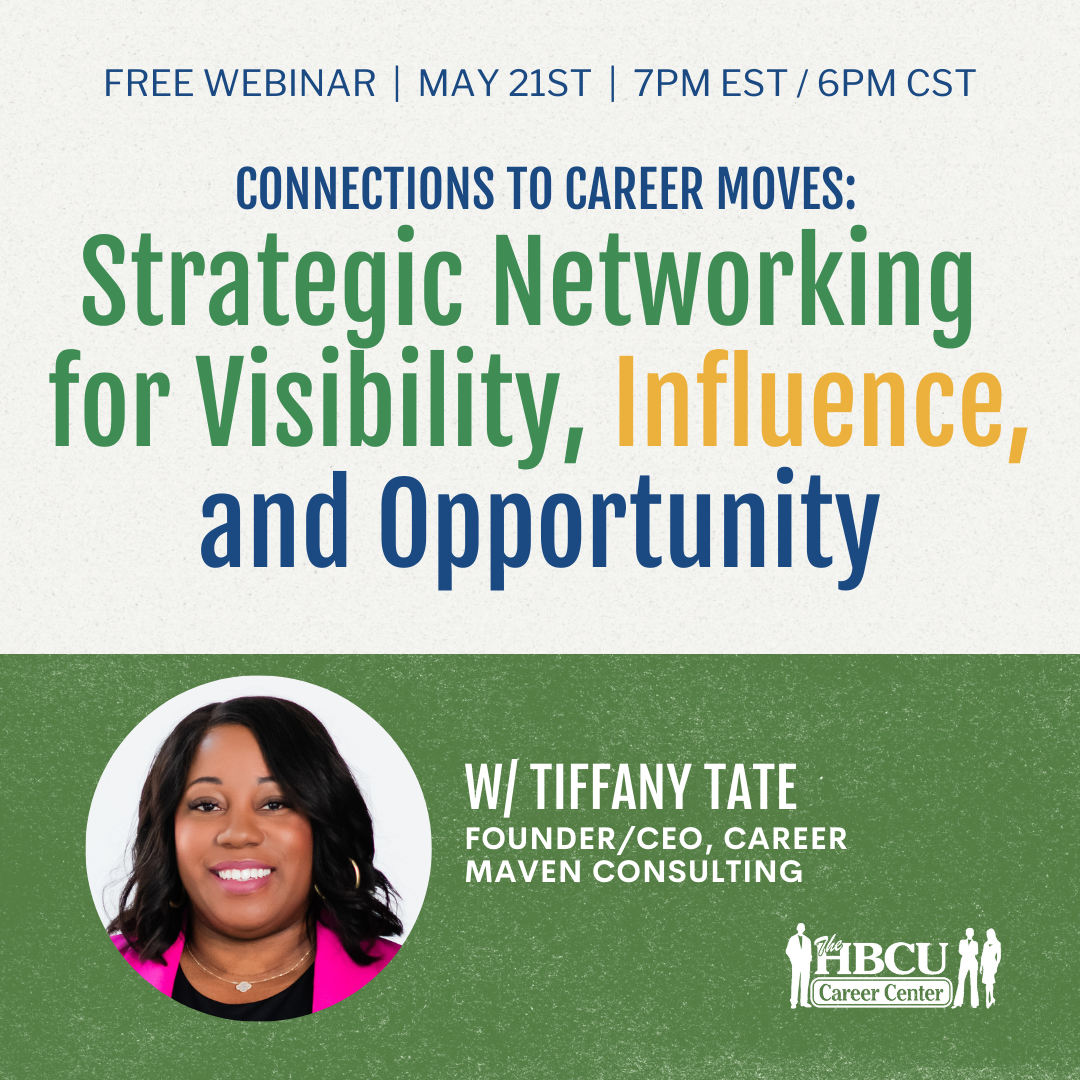Dirty Dozen Job Interview Communication Tips for New Grads
One of the biggest hurdles that some college students and new grads have to get over is, making that switch from what I call "college talk" to "business talk".
New grads who don't make that switch will often struggle in the job interview. Many times these new grads and students struggle with the job search process without knowing that all they have to do is work on changing their communication strategy. If you have read my articles over the years, you know that I always talk about my Three C's of Successful Interviewing: using good Communication skills to speak with Confidence about your Competencies.
Communication Tips for the Job Interview
The following is my list of my dirty dozen communication tips for the job interview. I know you have seen similar lists before, but here is one to print, laminate and keep in your interview portfolio as a reminder.
Be courteous when you communicate with everyone you meet onsite at the company. Sometimes hiring managers will ask others, including the admin staff for their impression of you after the interview.
Be sure to communicate your understanding of the fundamental knowledge or skills necessary to do the job.
Don't speak negatively about former employers, supervisors or other companies.
Speak about what you learned from your company research. If you don't get a chance to do it while you are answering questions, you should demonstrate your knowledge with the questions you ask.
Make sure you communicate with confidence. Maintain an upbeat tone in your voice all the way to the end of the sentence.
Remember that your body is also communicating. So make sure you do things like sit upright in your chair, make eye contact and don't mumble unclear responses.
If you are participating in a panel interview or a group interview, communicate with everyone in the interview by making eye contact with the group.
Be yourself, but remember you’re not talking to your friends. Focus on how your skills and past experience relate to the job at hand. Go to your campus career center and schedule a video taped mock interview session so can really hear yourself.
Don't forget to ask questions. Write down your list of questions before the interview and when you are asked if you have any questions, say yes and refer to your list.
All your communication must show real and sincere enthusiasm or interest in the company, industry or field.
A key part of your communication strategy must be to actually ask for the job. Before the interview is over, remind the interviewer of why your skills and abilities will add value to the organization.
Post interview communication is also very important. Remember to send an email or make follow up phonecall to say thank you to the interviewer.


















